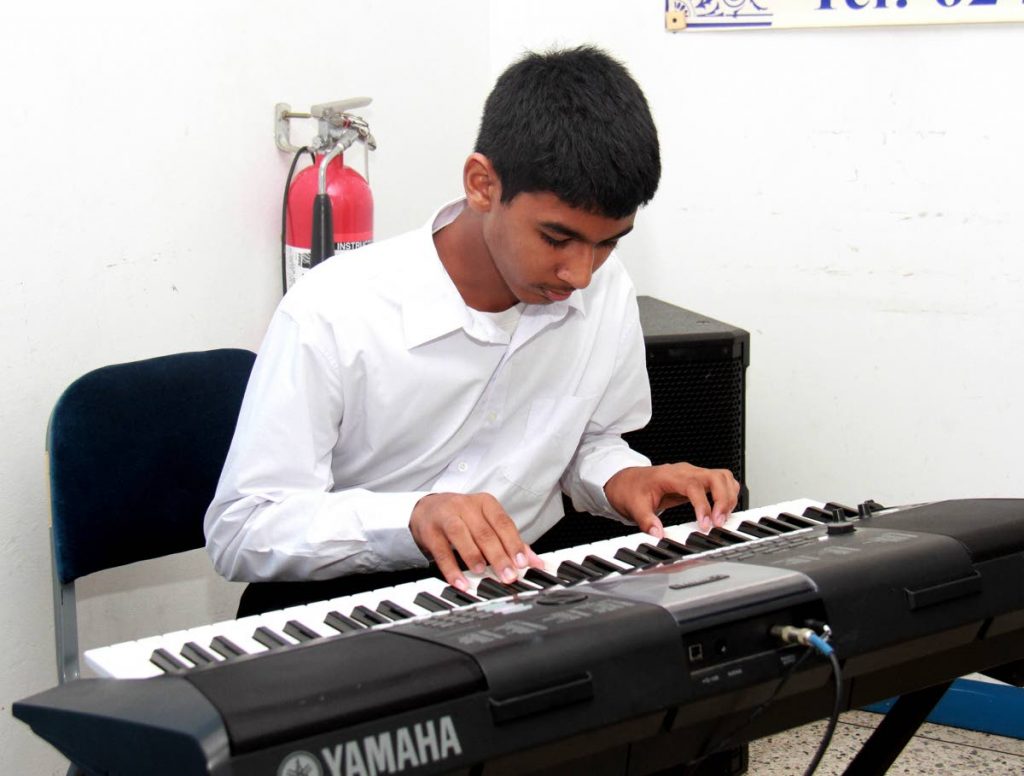An equal place for the disabled in TT

Last Thursday's plea from the executive officer of the Blind Welfare Association Kenneth Suratt highlights the need for more support for the disabled, particularly in the training sector.
“Please do not leave our children who are blind behind,” Mr Suratt, who also sits on the Equal Opportunity Commission, said at an education forum. “If you do that, they would have to keep making baskets and stretching their hands for a disability grant.”
This entreaty strikes a chord given how susceptible the community is now. Having a disability does not make you more susceptible to covid19, but the disabled tend to have underlying conditions that make the disease more dangerous.
Compared to those without disabilities, those with them are more likely to be sick: among 43 countries, 42 per cent of the disabled versus six per cent of people without disabilities perceive their health as poor, according to the United Nations.
Locally, this is a significant problem. By some estimates, there are 52,244 people living with a disability in TT.
In a labour market in which productivity is always an issue, it is an unnecessary aggravation when workers – no matter their demographic – are hindered from contributing to the workplace. Disabilities are varied. Disabled individuals have a range of competencies and can each make a unique contribution. So, the additional obstacles they face are worrisome.
Mr Suratt pointed to the role of education in advancing career prospects. And indeed, training and re-training are important resources, as acknowledged by state projects such as the $29 million National Enrichment Centre dedicated to the disabled which was finally opened in 2018.
Being disabled is no longer the constraint that it once was. However, with covid19, some of the disadvantages are now compounded.
For example, the disabled have challenges following along Zoom presentations, or working from home without access to the tools that can help them. Outside of this, they also cannot practice distancing in ordinary life.
It is fitting then that the theme for this year’s International Day of Persons with Disabilities, which is celebrated today, is “Building back better: toward a disability-inclusive, accessible and sustainable post covid19 world.”
Now more than ever, the private and the public sectors will have to cooperate to reset the current systems and arrangements that have been designed to offer support but have often fallen short.
It is instructive that Mr Suratt sits on a body that offers legal protections. But culture change as well as a wider range of State support is needed.
Helping the disabled is not just about wheelchair access at buildings and at walkovers – though such things matter. It is also about providing adequate levels of grant funding to allow the disabled access to the special tools they need. Is the State doing enough?


Comments
"An equal place for the disabled in TT"